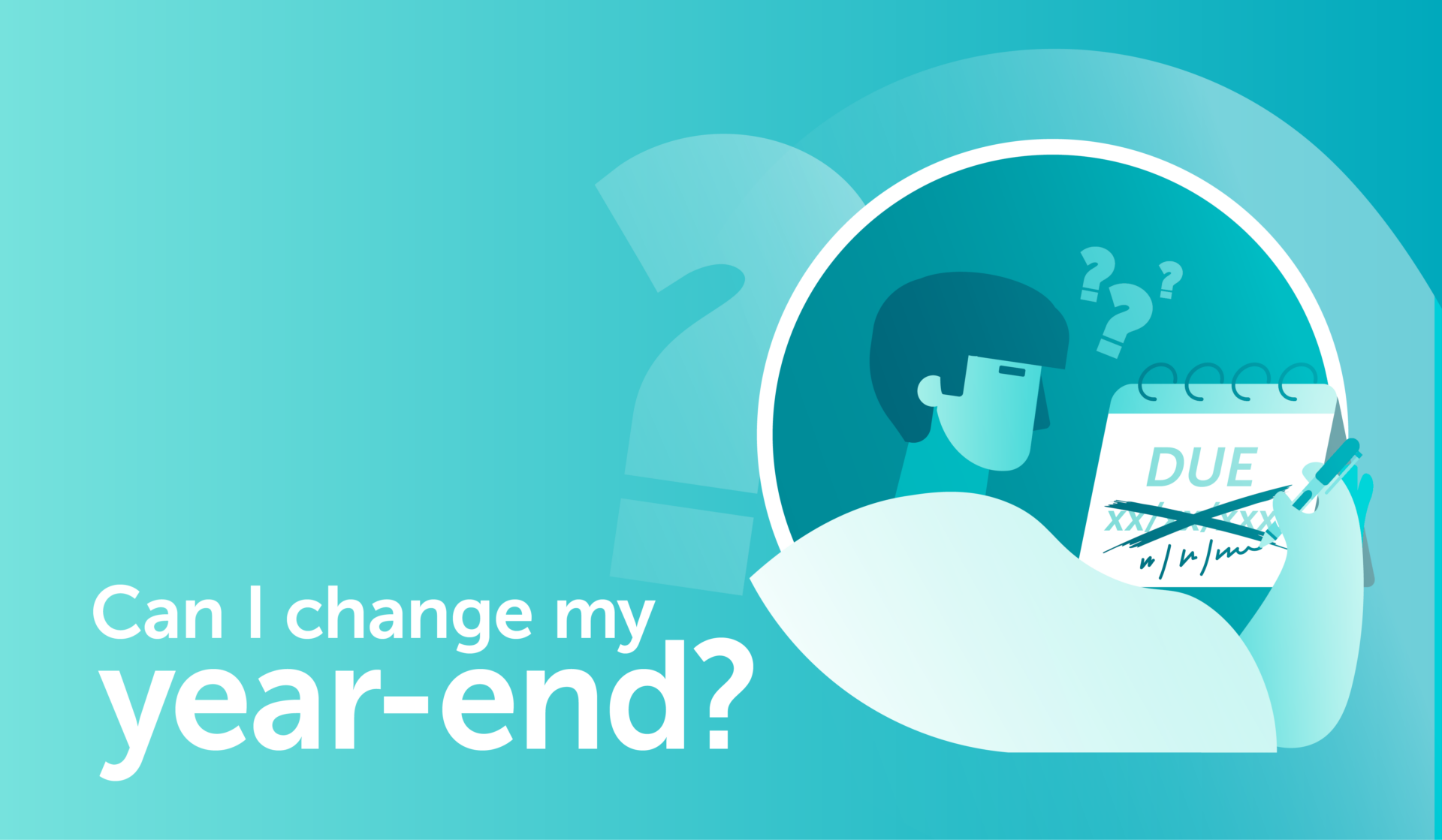
SOLE TRADER AND PARTNERSHIP TAX CHANGES
HMRC have introduced new rules related to the way sole-trader and partnership profits are taxed, which will be coming into force from the 2024/25 tax year.
The objective of these changes is to make calculating trade profits simpler, more aligned with how other sources of income are taxed, and to make the Government’s plan for ‘Making Tax Digital’ run more smoothly.
Under the current tax rules, a sole-trader’s/partnership’s profits are calculated based on their individual accounting year-end, as chosen by the trade. From 2024/25 this will no longer be the case, and instead they will be taxed on the profits arising between 6th April – 5th April each tax year. Note, any accounting period which ends between 31st March – 4th April is treated as ending on 5th April for these purposes. In order to prepare for these changes, transitional rules were launched from the 2023/24 tax year.
This new rule also abolishes the current opening and closing year rules in relation to profits, and therefore overlap profits will no longer arise going forwards.
Where a business’s year-end does not finish on 5th April each year, its profits must be apportioned to the tax year. For example, a trader with a 30th September year end will be taxed on 6 months of profits from the two different accounting period which are in progress during the tax year. This is demonstrated by the example below:
Profits for year ended 30th September 2024 = £30,000
Profits for year ended 30th September 2025 = £35,000
| 6 months profits from year ended 30thSeptember 2024 | + | 6 months profits from year ended 30thSeptember 2025 | = | Taxable profits in 2024/25 tax year |
| £15,000 | + | £17,500 | = | £32,500 |
Transitional rules for 2023/24
For existing businesses with a year-end between 31st March and 5th April, there will be no changes to the way profits are calculated, and the tax treatment will continue as normal.
Businesses with any other year-end will have a taxable basis period for the 2023/24 tax year which begins from the end of their accounting period for 2022/23 and ends on 5th April 2024. For example, a trader with a year-end of 31st December 2022 will be taxed on any profits arising from 1st January 2023 – 5th April 2024, a 15 month period.
Carrying on from the example above, under the transitional rules this long basis period is broken up into two parts;
- the standard part which runs for the first 12 months (1st January 2023 – 31st December 2023)
- the transitional part which runs for the final 3 months (1st January 2024 – 5th April 2024).
Relief is given for any overlap profits which occurred in the opening year of trade against the transitional part, which may reduce the trader’s tax liability for the year. The resulting amount is known as the ‘transitional profits’.
This amount of transitional profits is taxed over a 5 year period, beginning 2023/24. The amount will be divided equally and added to the trader’s profits each year. Note, where a business ceases trading in the 5 transitional years, all the transitional profits which have not yet been taxed will be taxed in the final year of trade.
Please note that for businesses which are loss making in 2023/24, these rules are slightly different.
How can Ad Valorem help?
Should your business year-end straddle 6th April 2023 then you will be affected by these changes. In some circumstances it may be possible to minimise these changes, such as by moving your business year end.
Please do hesitate to get in touch to see how Ad Valorem can help you prepare for these changes.
(E) enquiries@advaloremgroup.uk (T) 01908 219100 (W) advaloremgroup.uk






